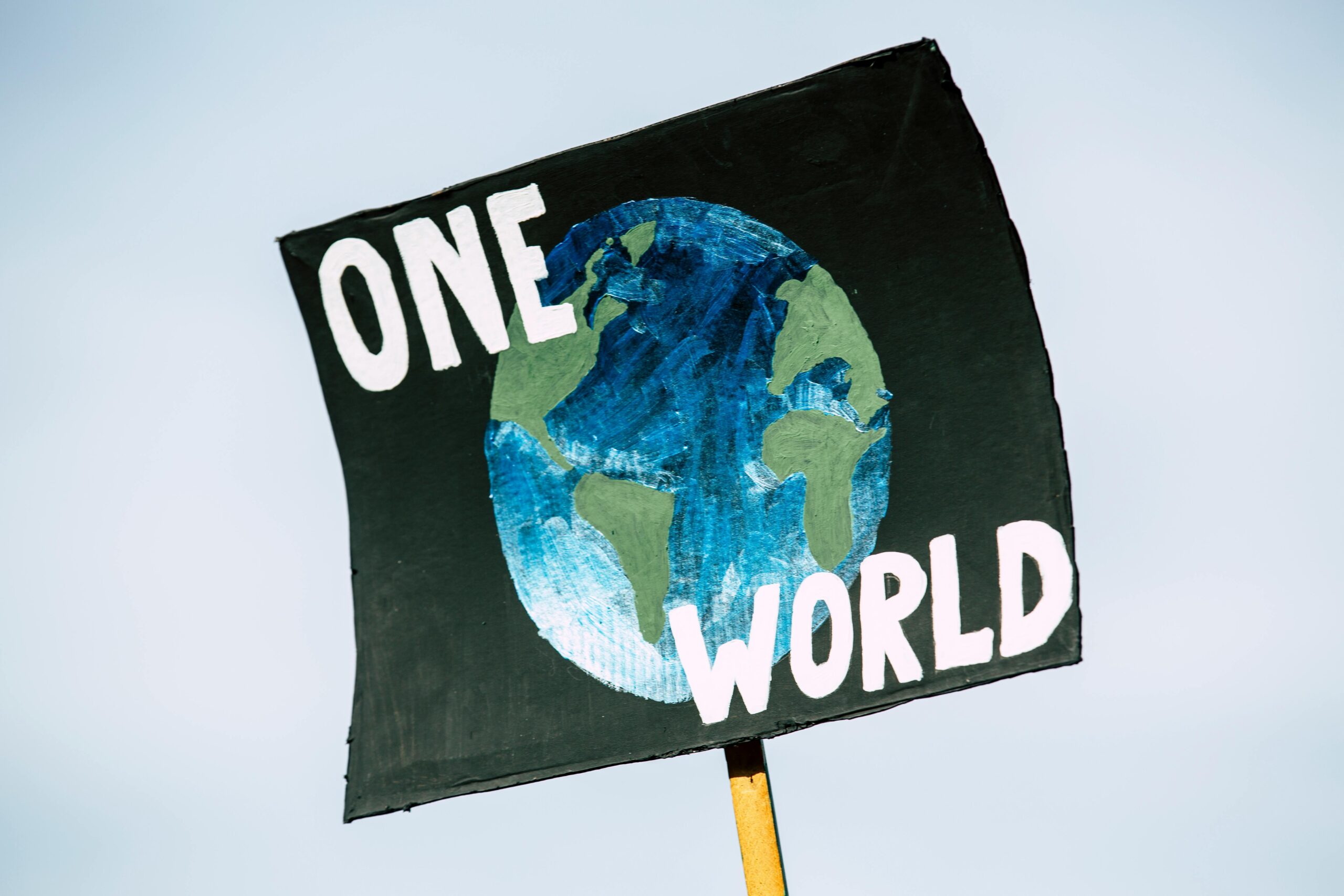The first time I saw the ocean, I was mesmerized by its sheer vastness. The endless waves, the salty air, and the vibrant marine life all captivated me. But as I learned more about the challenges our oceans face, that initial wonder turned into a deep concern. Our oceans are in trouble, and the impact reaches far beyond the shores. The good news? We can all play a part in protecting them.
Whether you live by the coast or hundreds of miles inland, your actions affect the oceans. From pollution to overfishing and climate change, human activities are putting immense pressure on marine ecosystems. But I believe that small, consistent efforts can lead to significant change. That’s why I want to share some practical, everyday steps you can take to help safeguard our oceans—because together, we can make a difference.
🌱 1. Cut Down on Single-Use Plastics
Plastic pollution is one of the biggest threats to marine life. I still remember the first beach cleanup I participated in; I was shocked by the amount of plastic waste—bottles, bags, straws—scattered along the shoreline. Sadly, a lot of that plastic ends up in the ocean, where it harms marine animals. Sea turtles, for example, often mistake plastic bags for jellyfish, which can be deadly.
🛑 What You Can Do:
✅ Carry a reusable water bottle and coffee cup.
✅ Bring reusable shopping bags and refuse plastic ones.
✅ Say no to plastic straws and utensils—there are great sustainable alternatives out there.
✅ Support brands that use eco-friendly packaging.
I started with small changes, like swapping plastic bottles for a reusable one. Over time, those small shifts became second nature—and the collective impact is huge.
🐟 2. Choose Sustainable Seafood
I love seafood, but I was disheartened to learn how overfishing and unsustainable practices are depleting fish populations and destroying marine habitats. Many fish species are caught faster than they can reproduce, which disrupts the balance of the entire ocean ecosystem.
🛑 What You Can Do:
✅ Look for sustainable seafood labels like the Marine Stewardship Council (MSC) certification.
✅ Diversify your choices to reduce pressure on overfished species.
✅ Ask your local restaurants and markets about where their seafood comes from.
By choosing sustainably sourced seafood, you’re supporting fishing practices that help preserve marine life for future generations.
🌍 3. Reduce Your Carbon Footprint
Climate change might feel like a distant issue, but it’s directly affecting our oceans. Rising temperatures cause coral bleaching, disrupt marine migration patterns, and lead to sea level rise. Carbon emissions from cars, planes, and power plants contribute to this warming.
🛑 What You Can Do:
✅ Walk, bike, or use public transportation when possible.
✅ Switch to energy-efficient appliances and use less electricity.
✅ Eat less meat, as livestock farming is a major source of greenhouse gases.
✅ Support and advocate for renewable energy initiatives.
I began by biking to nearby places instead of driving. It’s not just good for the planet—it’s been great for my well-being too!
🧽 4. Be Mindful of Household Products
It’s easy to forget that what goes down our drains can end up in the ocean. Many cleaning products, pesticides, and fertilizers contain harmful chemicals that find their way into waterways, causing problems like algal blooms that suffocate marine life.
🛑 What You Can Do:
✅ Use eco-friendly cleaning products made from natural ingredients.
✅ Dispose of chemicals properly—never pour them down the drain.
✅ Choose organic gardening methods to reduce harmful runoff.
Switching to green cleaners was simpler than I expected—and my home feels healthier, too.
🐬 5. Support Ocean Conservation Efforts
While individual actions matter, supporting larger initiatives amplifies our impact. There are countless organizations working tirelessly to clean up oceans, protect endangered species, and advocate for stronger environmental policies.
🛑 What You Can Do:
✅ Donate to reputable marine conservation organizations.
✅ Volunteer for beach cleanups or marine protection projects.
✅ Spread awareness through social media or conversations with friends and family.
I joined a local conservation group, and it’s been incredibly rewarding to connect with like-minded people working towards a common goal.
📣 6. Advocate for Policy Change
Real, lasting change often comes from policy and legislation. By raising your voice, you can influence decision-makers to prioritize ocean protection.
🛑 What You Can Do:
✅ Vote for leaders who support environmental initiatives.
✅ Sign petitions for stronger environmental regulations.
✅ Contact your local representatives and advocate for ocean-friendly policies.
Never underestimate the power of collective action—your voice matters more than you think.
🌊 Why This Matters to All of Us
You might wonder why protecting the ocean is relevant if you don’t live near the coast. The truth is, we’re all connected to the ocean. It provides the air we breathe, the food we eat, and the climate stability we depend on. Healthy oceans mean a healthier planet for everyone.
When I look at the ocean, I see beauty, mystery, and life—but I also see responsibility. Protecting our oceans isn’t just an environmental issue; it’s about preserving the delicate balance of nature for ourselves, our children, and the countless creatures that call the ocean home.
💙 Final Thoughts: Small Steps, Big Waves
It’s easy to feel overwhelmed by the scale of ocean issues, but don’t let that paralyze you. Every positive action, no matter how small, creates a ripple effect. Start with one change—maybe it’s refusing a plastic straw or walking instead of driving. Then build from there.
The ocean gives us so much—it’s time we give back. Together, we can protect these waters that sustain us all. So, what change will you make today?

